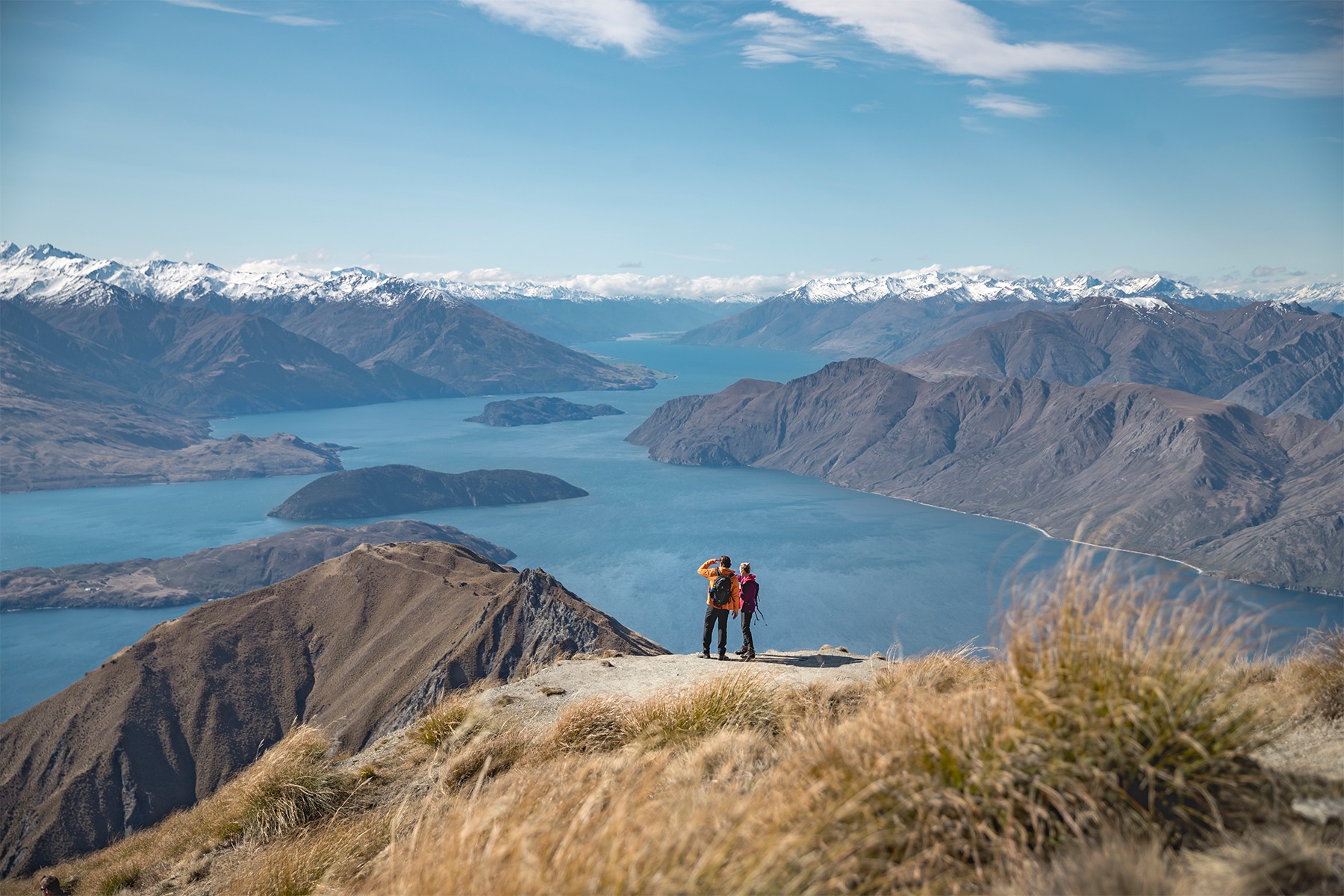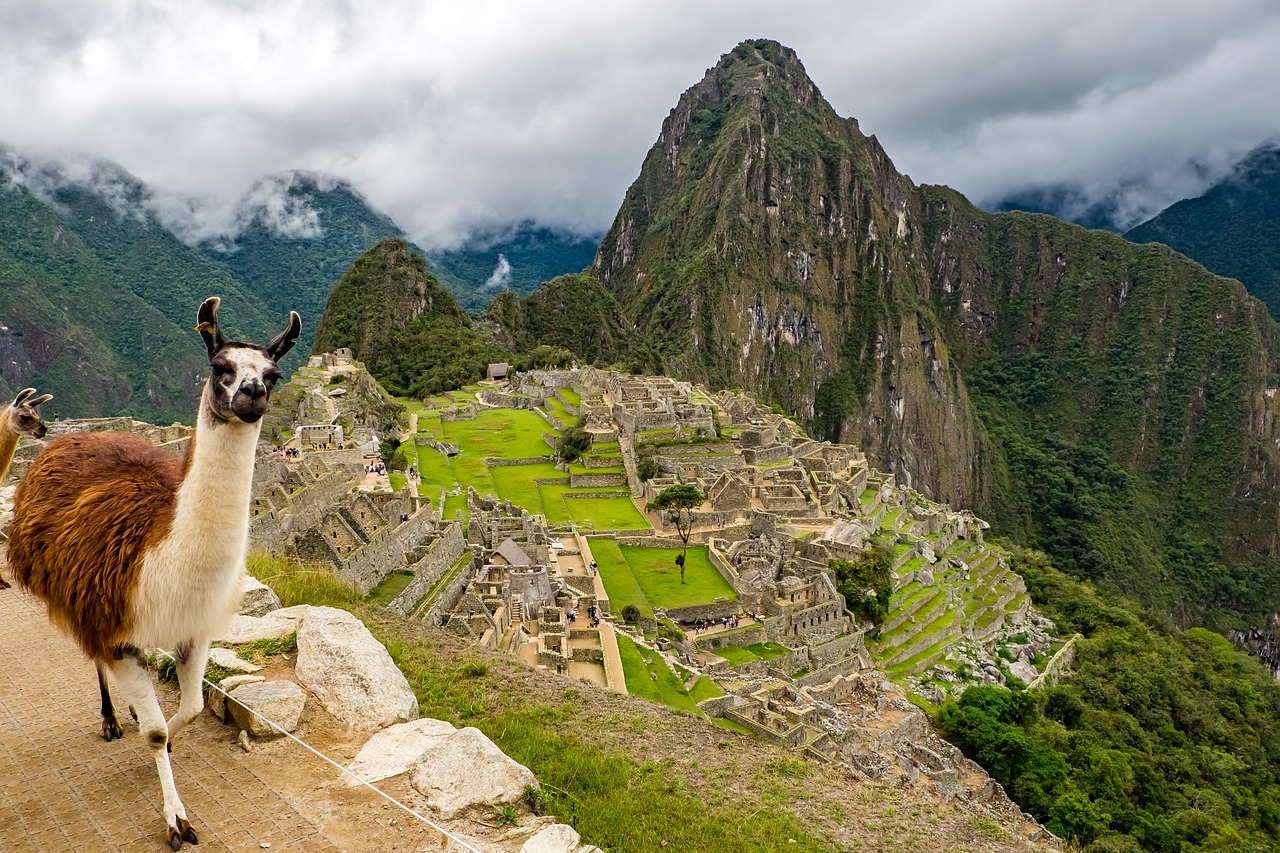
By Mauricio Zarzar
The Andes Mountains, stretching along the western edge of South America, offer some of the most breathtaking landscapes and exhilarating adventures on the planet. From the lush Amazon rainforest to the stark, majestic peaks, the Andes are a playground for trekkers, climbers, and nature enthusiasts. However, with great altitude comes great responsibility—specifically, the responsibility to manage altitude sickness, a common but manageable condition that can affect travellers ascending to high elevations. So let’s talk about things we can do to help us on our Andes holiday.

Understanding Altitude Sickness
Altitude sickness, also known as acute mountain sickness (AMS), occurs when you ascend to high altitudes too quickly, giving your body insufficient time to adapt to the lower levels of oxygen. Symptoms can range from mild to severe and typically include headache, nausea, dizziness, fatigue, and shortness of breath. In severe cases, altitude sickness can lead to more serious conditions like high-altitude cerebral edema (HACE) or high-altitude pulmonary edema (HAPE), both of which require immediate medical attention.
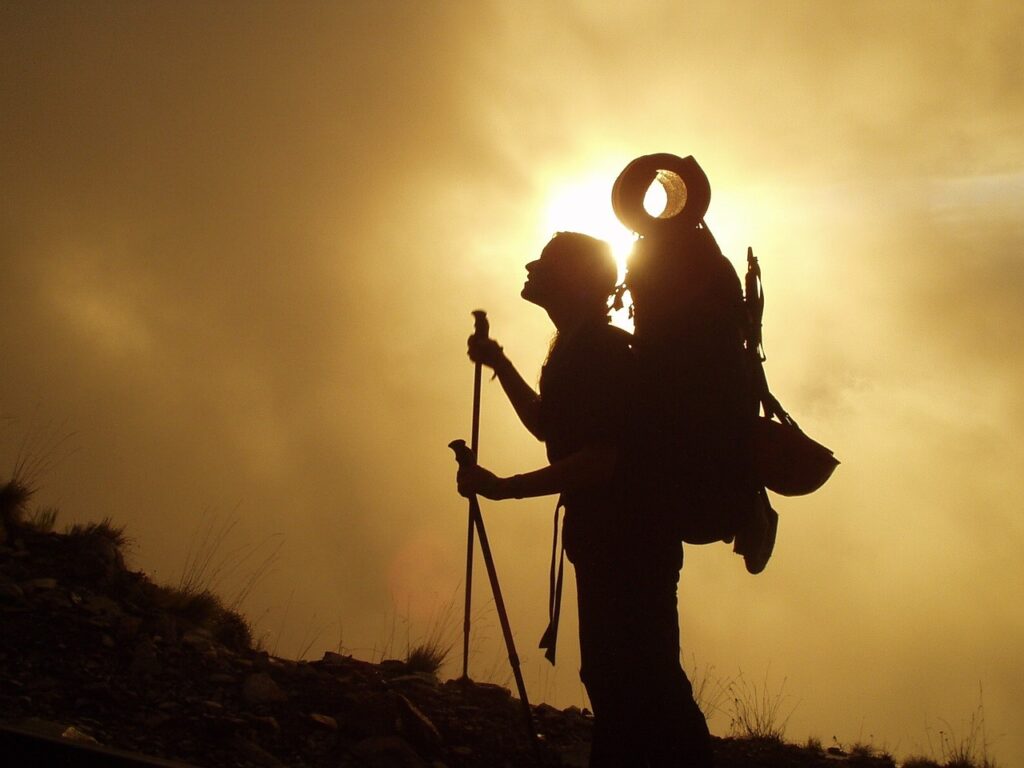
Before Your Trip: Preparing for Your Andes Adventure
Preparation is key to preventing and managing altitude sickness. Here are some steps you can take before and during your trip to the Andes:
- Gradual Ascent: The best way to avoid altitude sickness is to ascend gradually. Spend a few days at intermediate altitudes before reaching your highest destination. This allows your body to acclimate slowly and reduces the risk of severe symptoms.
- Stay Hydrated: Dehydration can exacerbate altitude sickness. Drink plenty of water before and during your ascent. Avoid alcohol and caffeine, as these can contribute to dehydration.
- Balanced Diet: Eating a diet rich in carbohydrates can help maintain your energy levels and support acclimatisation. Avoid heavy, fatty foods that can be harder to digest at high altitudes.
- Physical Fitness: Being in good physical condition can help your body cope with the stresses of high altitude. Regular cardiovascular exercise prior to your trip can improve your overall stamina and lung capacity.
- Medication: Consider talking to your doctor about medications that can help prevent or alleviate altitude sickness. There are some over the counter medication that can speed up acclimatisation.
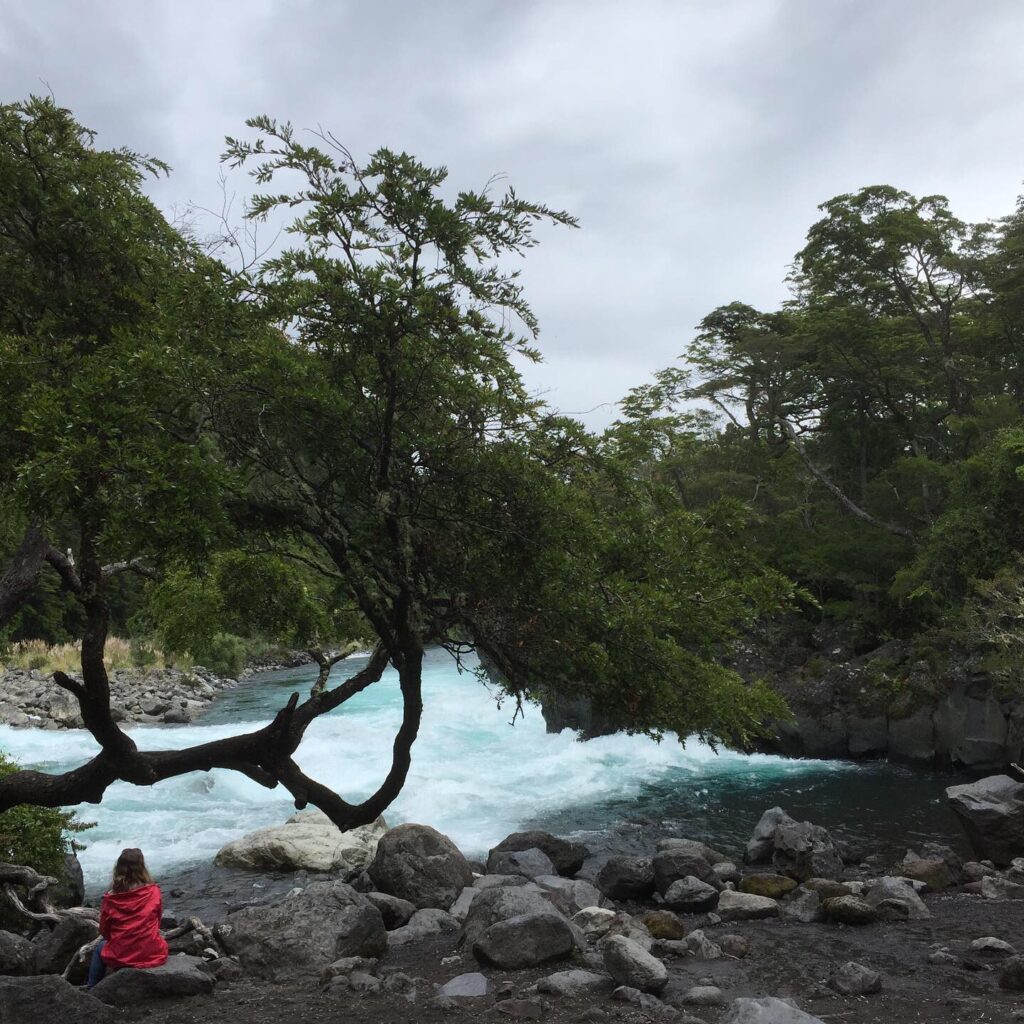
During Your Trip: Tips to Manage Altitude Sickness
Even with the best preparation, you might still experience some symptoms of altitude sickness. Here’s how to manage them effectively:
- Listen to Your Body: If you start feeling symptoms of altitude sickness, take them seriously. Do not push through severe symptoms. Rest, hydrate, and give your body time to adjust.
- Rest and Acclimatise: Spend an extra day or two at intermediate altitudes to allow your body to acclimate before moving higher. Avoid strenuous activities during this time.
- Oxygen Therapy: In some cases, supplemental oxygen can help alleviate symptoms. Portable oxygen cylinders are available and can provide immediate relief.
- Descending: The most effective treatment for severe altitude sickness is to descend to a lower altitude as quickly and safely as possible. Even a descent of a few hundred meters can make a significant difference.
- Local Remedies: Embrace local practices such as drinking coca tea, a traditional remedy used by indigenous people in the Andes for centuries to alleviate symptoms of altitude sickness.
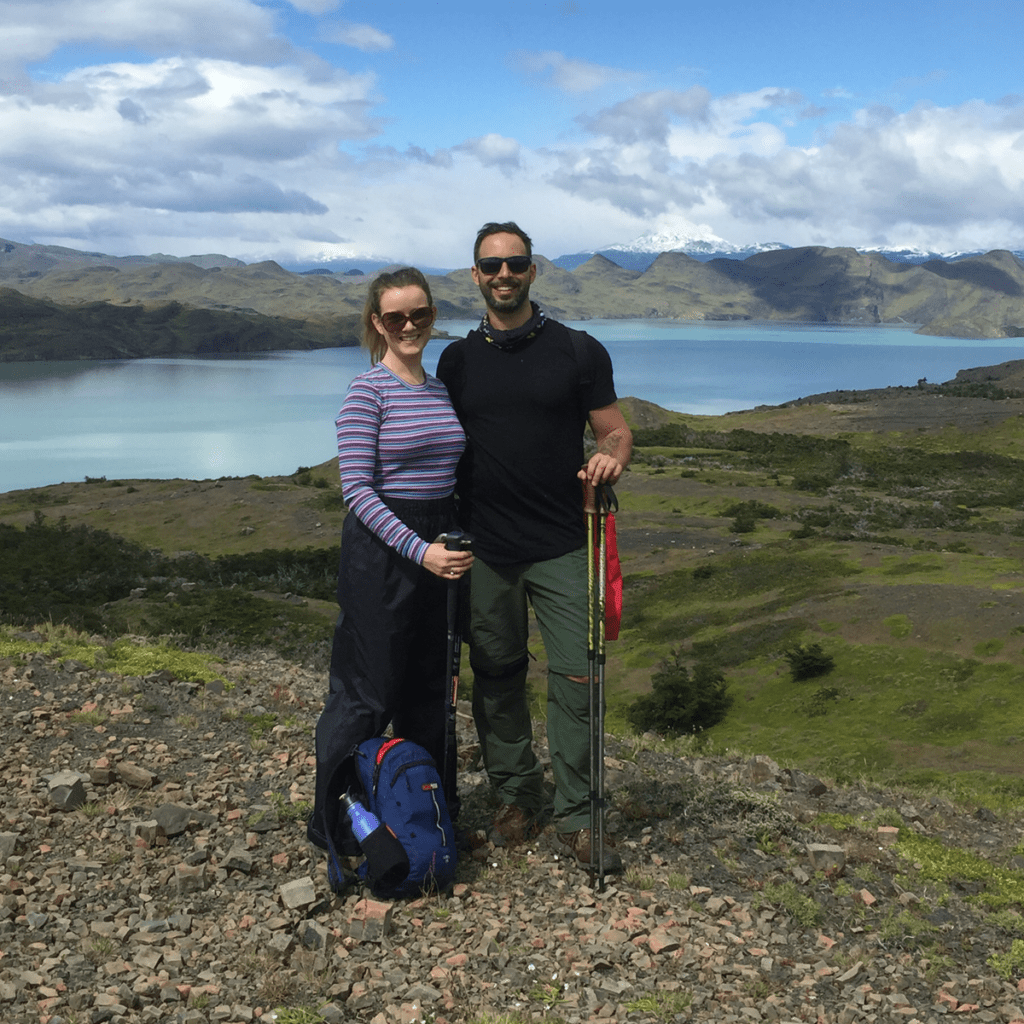
Enjoying Your Andean Adventure
The Andes are a magnificent destination that offers unparalleled experiences. By understanding and preparing for altitude sickness, you can ensure that your adventure is both safe and enjoyable. Remember, the key to a successful high-altitude trip is gradual acclimatisation, listening to your body, and taking appropriate measures to manage symptoms. With the right preparation, you’ll be able to fully immerse yourself in the beauty and wonder of the Andes, creating memories that will last a lifetime.
Happy trekking!
Contact our South America experts today to start planning your trip to the Andes Mountains today!




